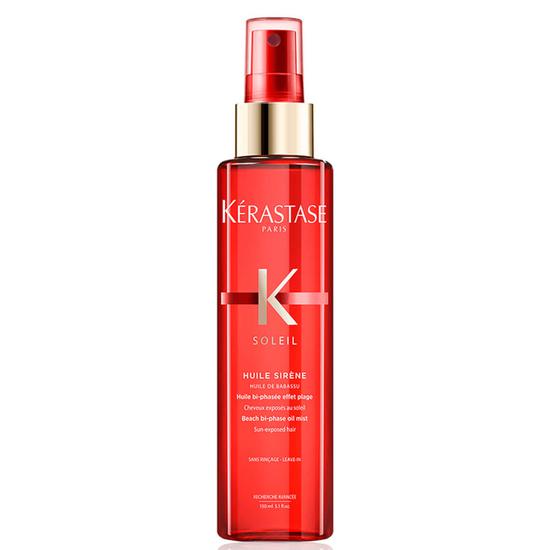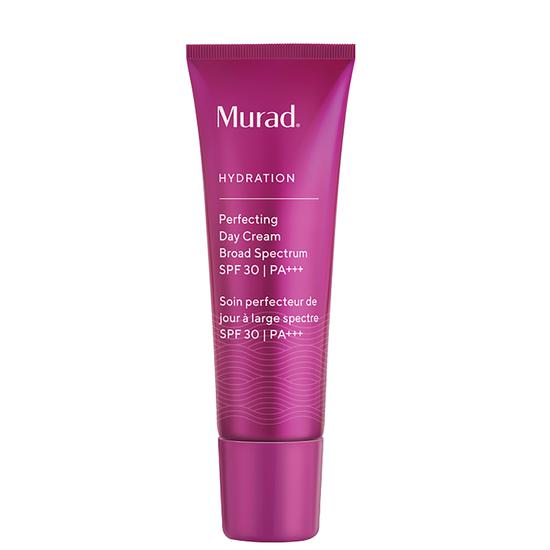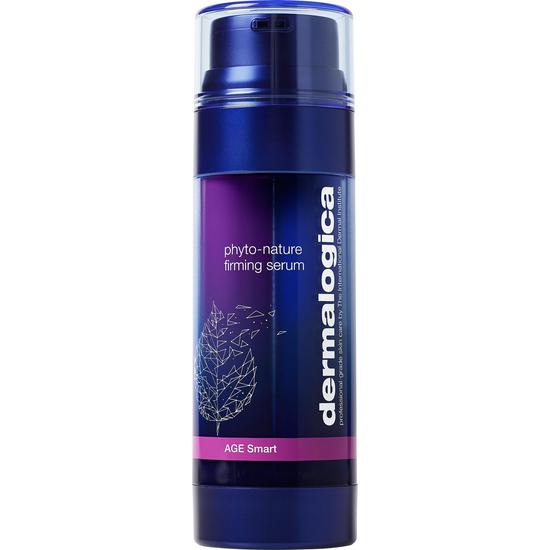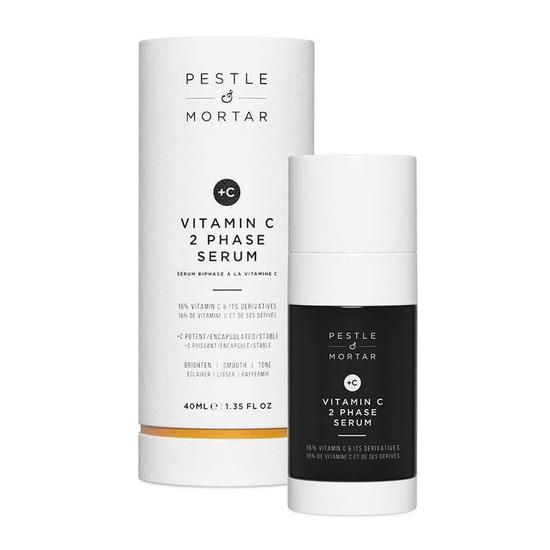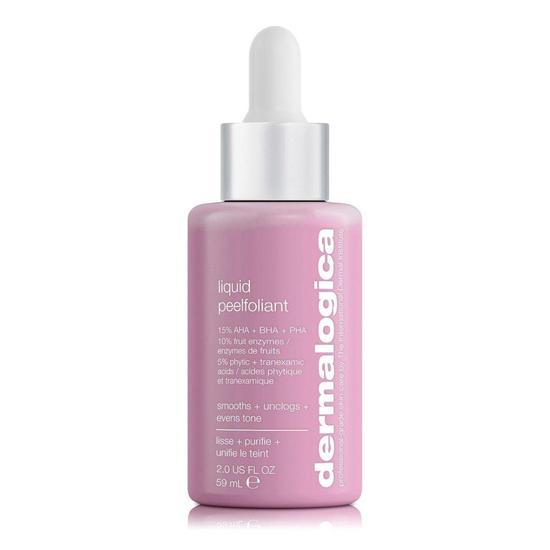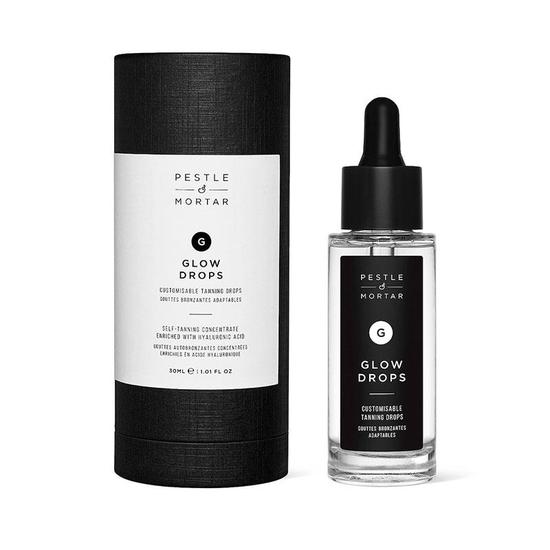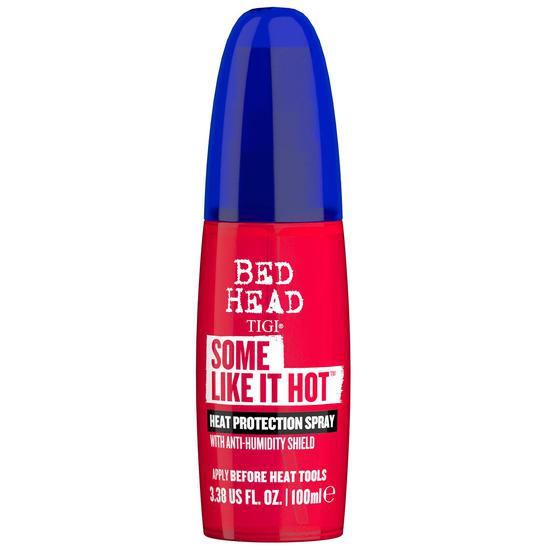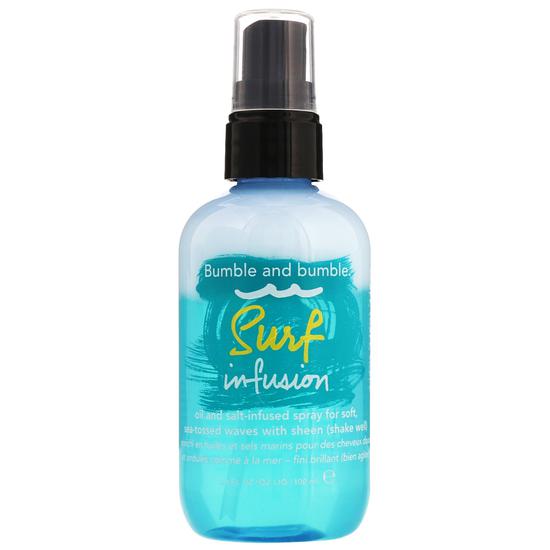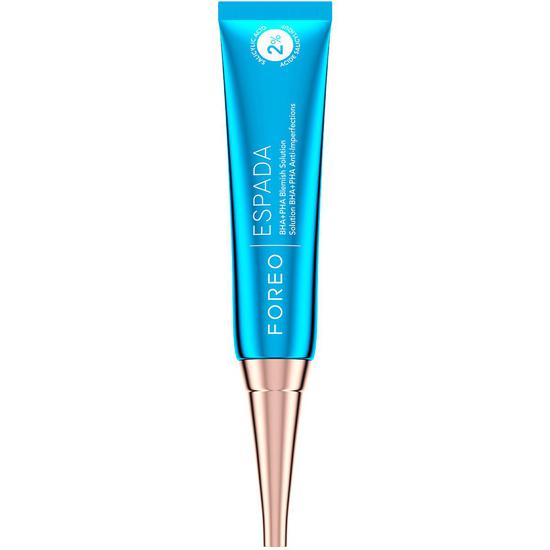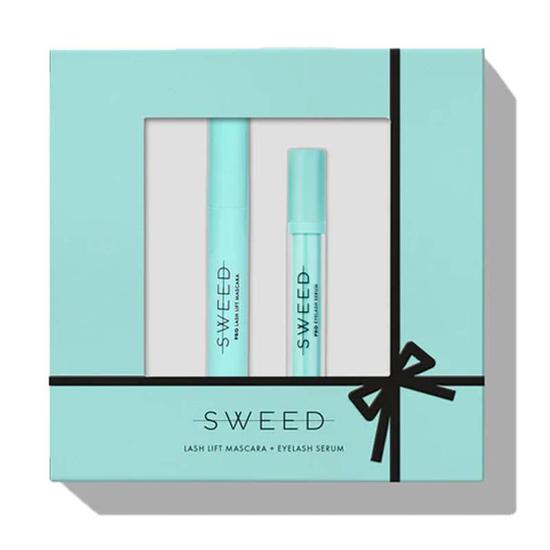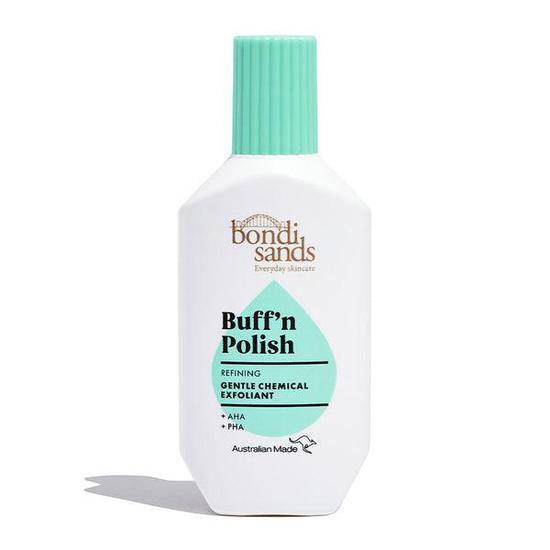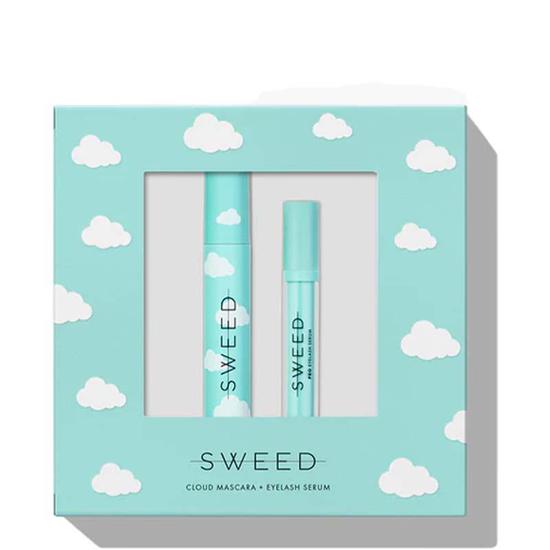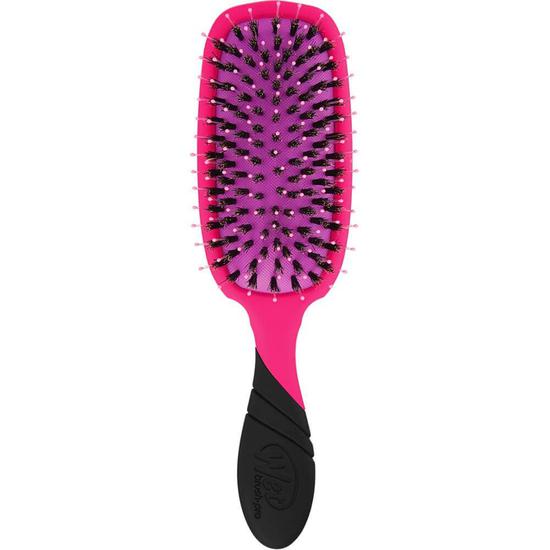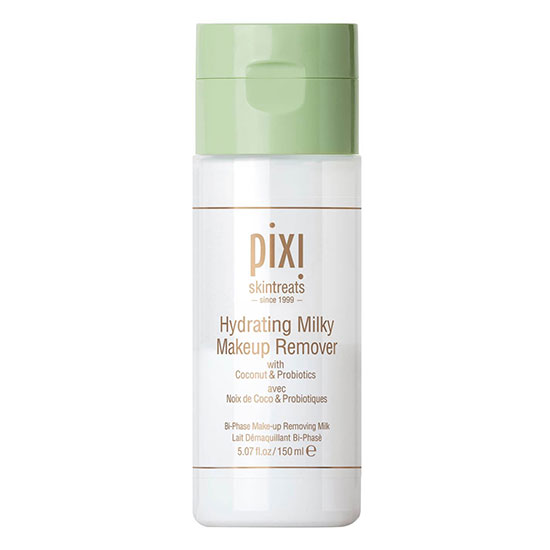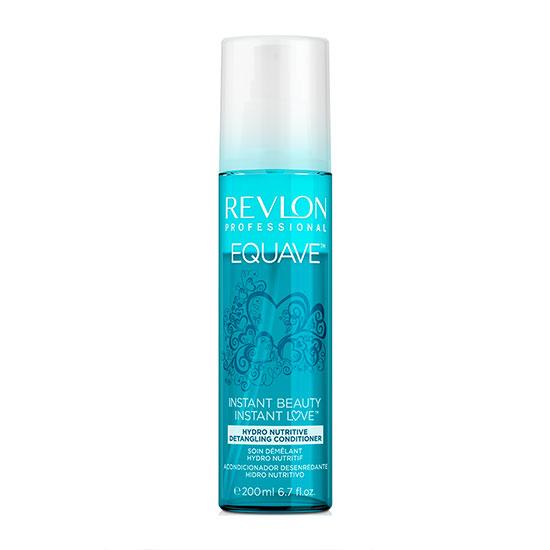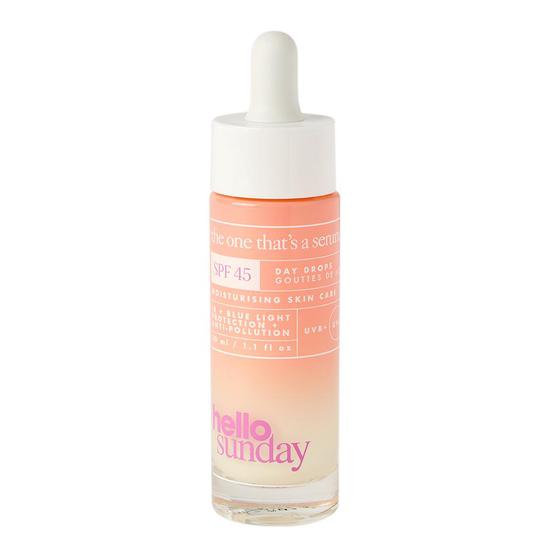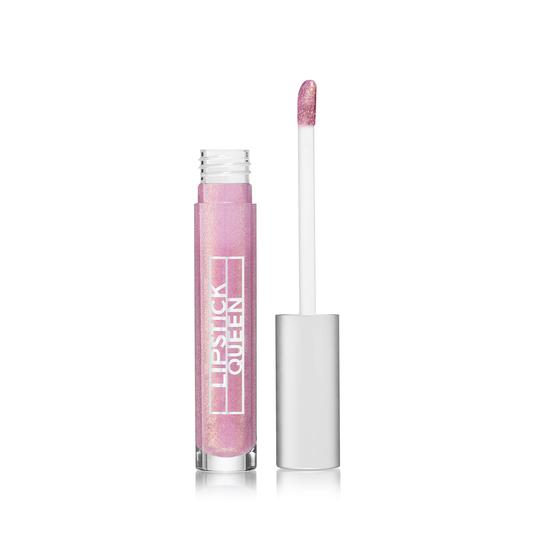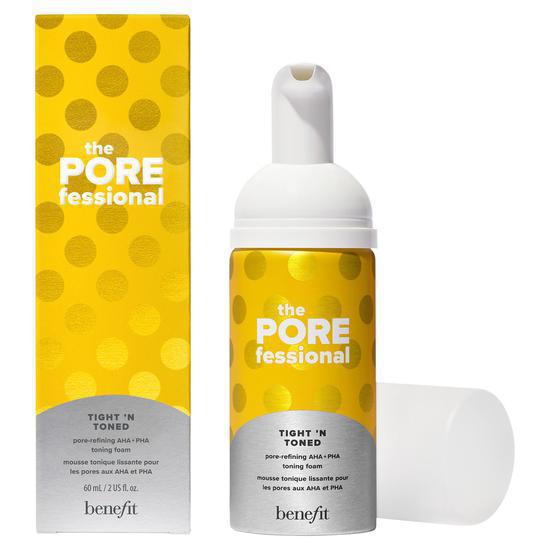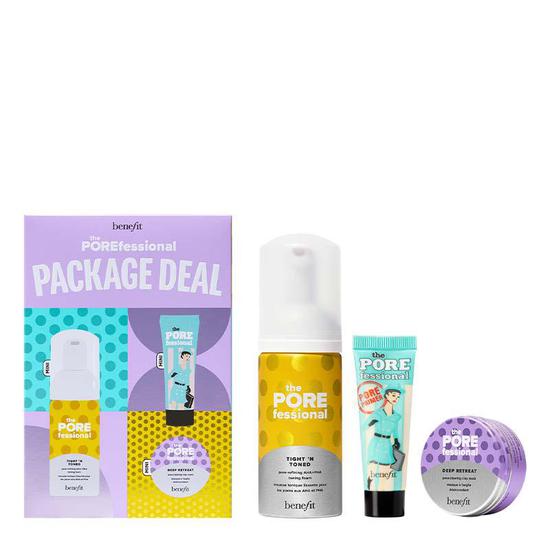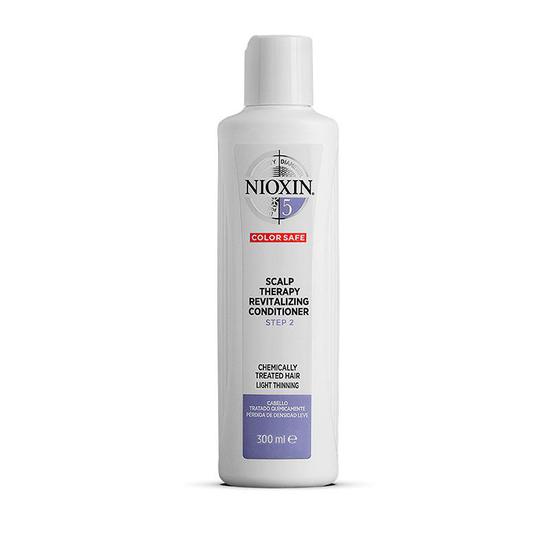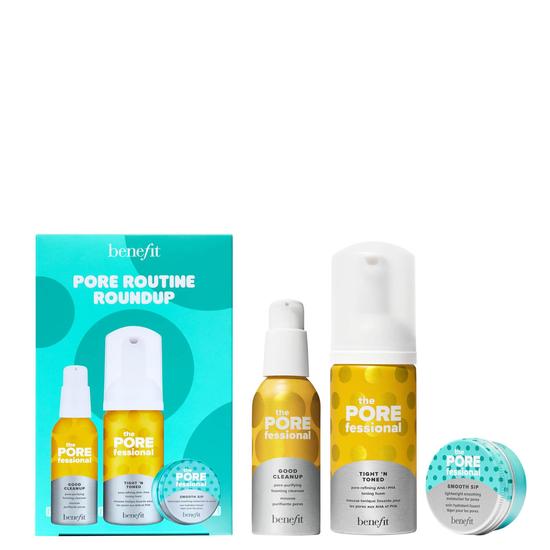
- Beauty Glossary
- PHAs
PHA Skincare Products
With a name like polyhydroxy acids (PHAs), it's no wonder that some of us are a little confused when it comes to knowing exactly what these key skin care ingredients do. But it's not as confusing as you may think. Essentially, these third-generation acids encourage mild peeling to gently strip away the surface layer of skin, revealing a healthier complexion beneath.
See our phas guide to answer your questions like how often should I be using PHA beauty products and what exactly are the differences between PHAs and AHA/BHAs.
Refine By
Brand
Skin Care
Makeup
Hair Care
Sunscreen & Self Tan
Sort By

Frequently Asked Questions about PHAs products
How often should I be using PHA beauty products?
It's worth considering what form the PHAs are in. Toners, cleansers and serums often have a low concentration of PHAs, making these products safe to be used pretty much every day. However, we recommend always listening to your skin's demands above anything else.
What exactly are the differences between PHAs and AHA/BHAs?
It all comes down to the molecular structures. AHAs and BHAs tend to enter the skin's surface more aggressively because of their smaller molecules, which can quickly penetrate the skin. However, the larger molecules that belong to PHAs can't infiltrate the skin's surface quite so intensely, making them a softer alternative for sensitive skin.
Are there any drawbacks/side effects of PHAs?
The gentle stripping properties of PHAs can make skin more sensitive to UVA rays, making it paramount that you wear SPF daily.
What are PHAs and what do they do?
PHAs are a skin care trend that have taken 2018 by storm, and are just as effective (but less irritable) than their brother and sister exfoliating acids, AHAs and BHAs. PHAs gently break down that top layer of skin to reveal a vibrant finish.
A larger molecular structure means that they are less able than AHAs and BHAs to penetrate the skin – but this doesn't mean you're missing out. Instead of penetrating, PHAs dissolve the protein bond that keeps dead skin attached to your face, treating you to a revived texture.
What are the skin care benefits of PHAs?
The list is almost endless with this one. As PHAs have the ability to dissolve dead skin cells, the complexion is left looking and feeling noticeably brighter. Better still, PHAs are known to improve the skin's hydration levels due to their ability to attract moisture. Softer skin and a surge of hydration? We're sold.
Who should use PHA beauty products?
PHAs are suitable for most skin types, but if you suffer from acne then you may want to seek out more penetrative treatments, such as salicylic acid.
What other ingredients/products go well with PHAs?
Due to their gentle nature, PHAs can be mixed with other key skin care staples. When done properly, mixing PHAs with AHAs provides an out-of-this-world glow. Equally, mixing PHAs with 1% vitamin A can reduce pigmentation and generally brighten up your skin.
As with anything in life, it is important to not overuse these skin care acids, so bear in mind that the potency of formulas increases when you blend multiple acids.
As an eczema sufferer, can I use PHA-based beauty products?
As always, it's best to try out a patch test before committing to a regular routine. However, clinical studies have found PHAs to be compatible with very dry skin conditions, including eczema.

Written by Hannah Liddle, Beauty Editor








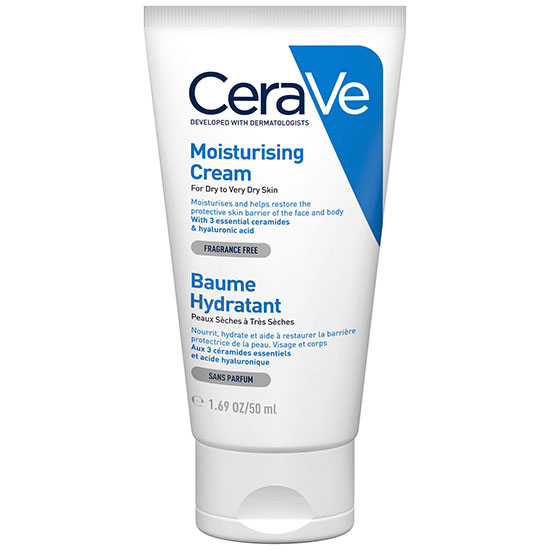
![Nuxe Super Serum [10] The Universal Anti-Aging Concentrate](/us/images/products/nuxe-super-serum-10-the-universal-anti-ageing-concentrate-30ml.jpg)
